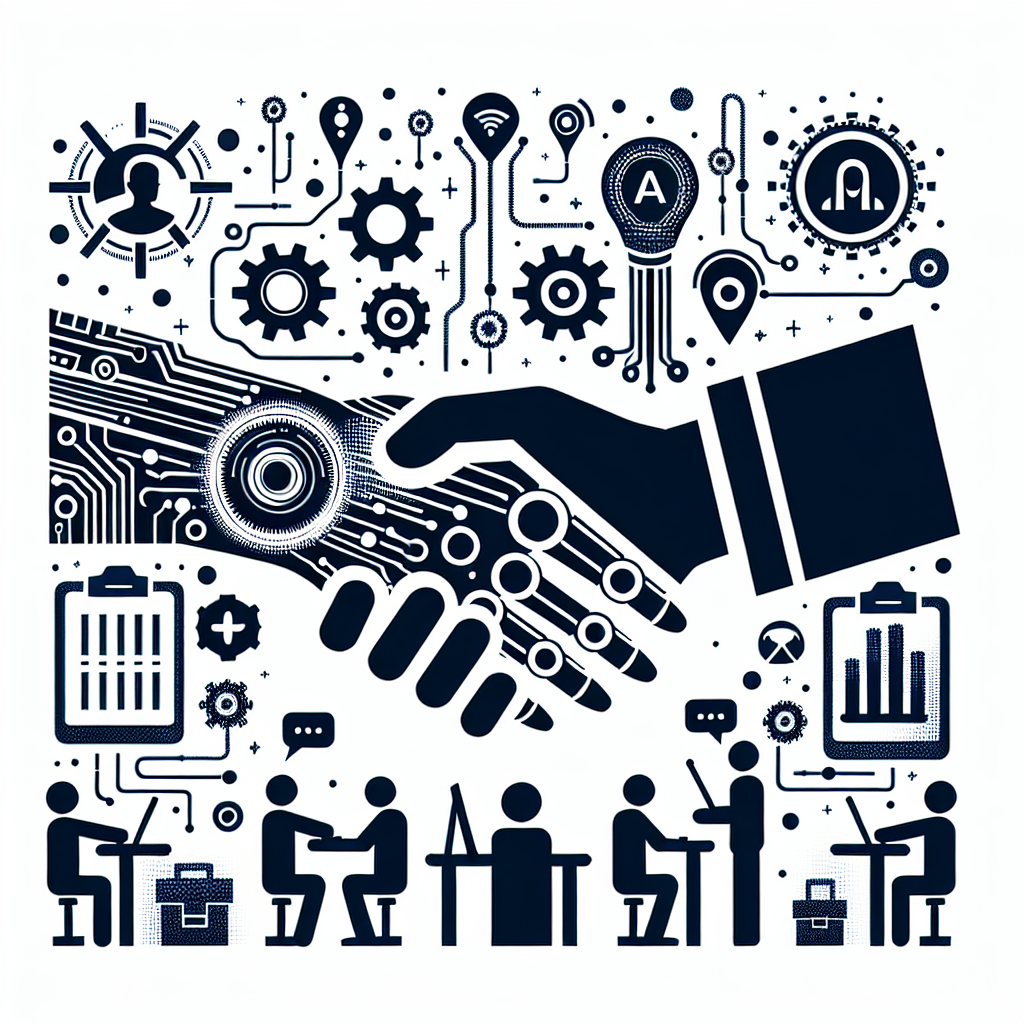Artificial General Intelligence (AGI) is the next frontier in the field of artificial intelligence. Unlike narrow AI, which is designed for specific tasks, AGI aims to mimic human intelligence and capabilities across a wide range of tasks. As AGI technology advances, it is poised to revolutionize the future of work and shape the job market in ways we have never seen before.
Automation and AI have already had a significant impact on the job market, with many routine and manual tasks being automated by machines and algorithms. However, the rise of AGI is expected to accelerate this trend, leading to even more widespread automation and disruption in various industries.
In this article, we will explore how AGI is shaping the future of work, the potential benefits and challenges it presents, and how individuals and organizations can prepare for this new era of AI-driven automation.
The Impact of AGI on the Job Market
AGI has the potential to transform the job market in several ways. One of the most significant impacts of AGI is the automation of tasks that were previously thought to be beyond the capabilities of machines. With AGI, machines will be able to perform complex cognitive tasks, such as problem-solving, decision-making, and creativity, that were once the domain of human workers.
This automation of cognitive tasks will lead to the displacement of many jobs across various industries. Jobs that involve routine and repetitive cognitive tasks, such as data entry, analysis, and customer service, are particularly at risk of being automated by AGI technology. This could result in significant job losses and a shift in the skills that are in demand in the job market.
On the other hand, AGI also has the potential to create new job opportunities and industries that do not exist today. As machines take over routine tasks, human workers will be freed up to focus on more complex and creative tasks that require human intelligence and skills. This could lead to the emergence of new roles in fields such as AI ethics, human-machine collaboration, and AI strategy.
Overall, the impact of AGI on the job market is likely to be complex and multifaceted. While automation will lead to job losses in some sectors, it will also create new opportunities for human workers to leverage their unique skills and abilities in ways that were not possible before.
Preparing for the Future of Work
As the rise of AGI reshapes the job market, individuals and organizations will need to adapt and prepare for the changes ahead. Here are some strategies that can help individuals and organizations navigate the future of work in an AI-driven world:
1. Upskilling and reskilling: With the automation of routine tasks, the demand for skills that are uniquely human, such as creativity, critical thinking, and emotional intelligence, will increase. Individuals should focus on developing these skills to remain competitive in the job market. Organizations can also invest in training programs to upskill their workforce and prepare them for the jobs of the future.
2. Embracing AI collaboration: Rather than seeing AGI as a threat to their jobs, individuals should embrace AI as a tool that can enhance their skills and capabilities. By working collaboratively with AI systems, human workers can leverage the strengths of both machines and humans to achieve better outcomes. Organizations should also encourage a culture of AI collaboration and provide employees with the training and resources they need to work effectively with AI.
3. Fostering AI ethics and transparency: As AGI becomes more prevalent in the workplace, it is essential to ensure that AI systems are developed and used ethically and transparently. Organizations should establish clear guidelines and principles for the responsible use of AI and ensure that employees understand the ethical implications of AI technology. Individuals should also be aware of the potential biases and limitations of AI systems and advocate for transparency and accountability in AI development and deployment.
4. Rethinking job design and organization structure: The rise of AGI will require organizations to rethink how work is organized and distributed among human workers and AI systems. Jobs will become more fluid and dynamic, with tasks being allocated based on the strengths and capabilities of both humans and machines. Organizations should be prepared to adapt their job design and organization structure to accommodate this new way of working.
FAQs
Q: Will AGI lead to mass unemployment?
A: While AGI is expected to automate many routine tasks, it is also likely to create new job opportunities in emerging industries. The impact of AGI on employment will depend on how individuals and organizations adapt to the changes brought about by AI technology.
Q: How can individuals prepare for the future of work in an AI-driven world?
A: Individuals can prepare for the future of work by upskilling and reskilling, embracing AI collaboration, fostering AI ethics and transparency, and rethinking job design and organization structure. By developing the skills and capabilities needed to work effectively with AI, individuals can position themselves for success in the AI-driven job market.
Q: What role will AI play in the future of work?
A: AI is expected to play a significant role in the future of work by automating routine tasks, enhancing human capabilities, and creating new job opportunities in emerging industries. By working collaboratively with AI systems, human workers can leverage the strengths of both machines and humans to achieve better outcomes in the workplace.
In conclusion, AGI is set to revolutionize the future of work and reshape the job market in ways we have never seen before. While automation and AI present challenges and opportunities for individuals and organizations, by preparing for the changes ahead and embracing the potential of AI technology, we can navigate the future of work in an AI-driven world successfully.

